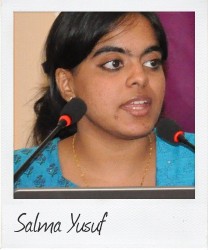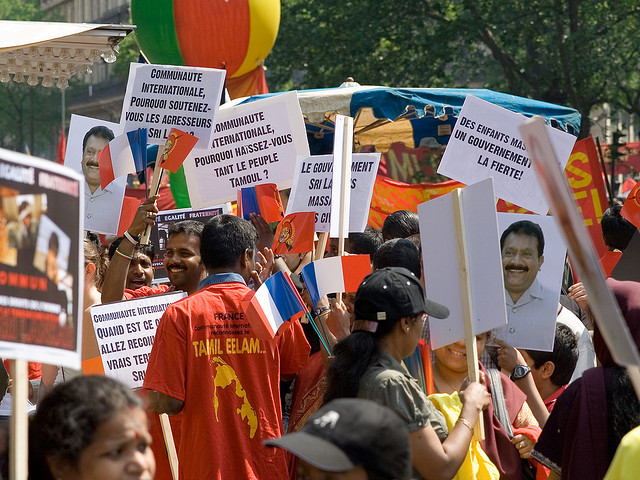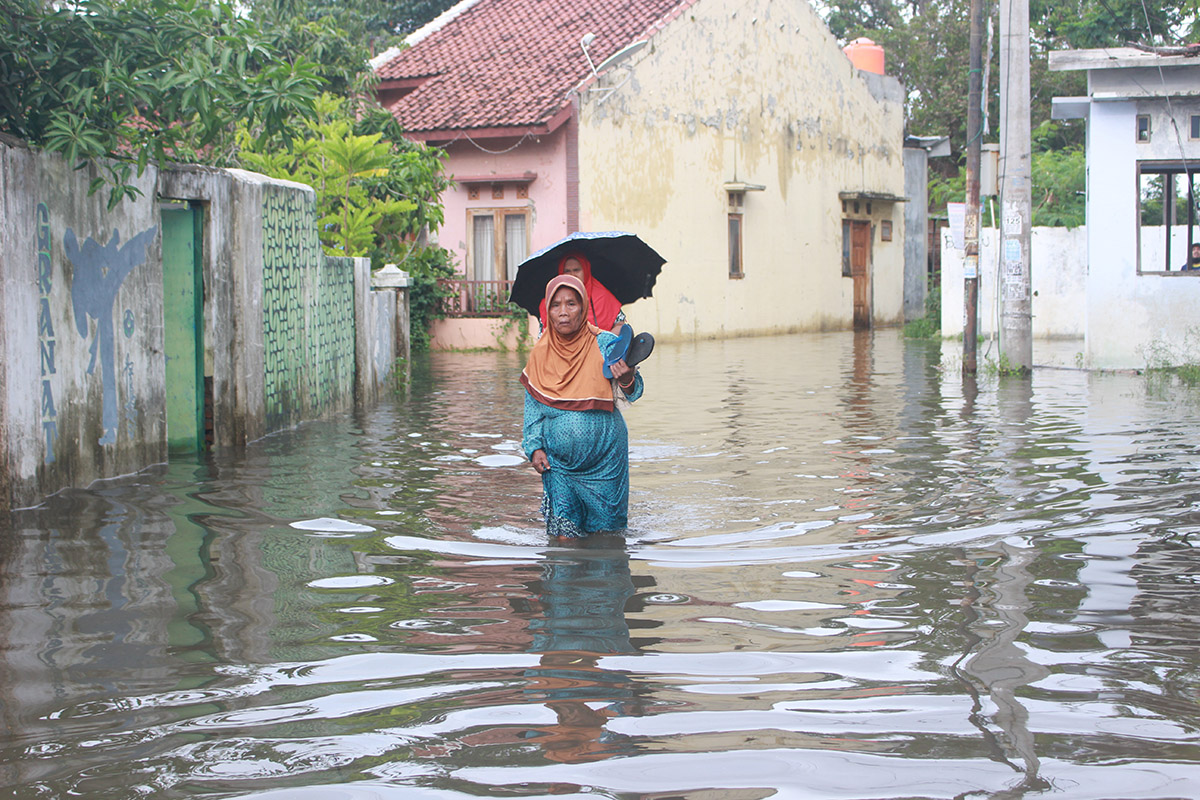“A policy on engagement for Sri Lanka's diaspora ”
April 4 In post-war Sri Lanka, a robust policy on diaspora engagement remains critical to domestic stability and international relations, writes Salma Yusuf, a Commonwealth Correspondent from Sri Lanka.
In post-war Sri Lanka, a robust policy on diaspora engagement remains critical to domestic stability and international relations, writes Salma Yusuf, a Commonwealth Correspondent from Sri Lanka.
Sri Lanka’s three-decade-long conflict was externalized due to a combination of factors ranging from the presence of an active expatriate community abroad, the involvement of foreign facilitators in the peace process, and the presence of foreign peacekeeping forces in 1987, to the greatest diplomatic challenge that Sri Lanka has faced since independence – the country being placed on the agenda of the United Nations Security Council in a bid to halt in its tracks the military campaign to defeat the LTTE.
Consequent to the above and other developments, by the end of the war Sri Lanka was placed within significant cynosure of the international radar. Such international attention has spilled over into the country’s post-war phase as well, but this time taking on new proportions and new meaning.
The most credible manner of engaging the Diaspora is through addressing the rights of minorities locally, both systematically and genuinely. Rights of minorities need to be coupled of course with assurances for the possibility of peaceful return and life in the country. That said, there are key elements that can be recommended towards a robust policy on diaspora engagement.
Following the conclusion of the armed conflict in May 2009, the Government of Sri Lanka instituted the Lessons Learnt and Reconciliation Commission (LLRC). The final report of the LLRC has highlighted that there exist perceptions about the conflict areas. Such in turn have an impact on the perceptions of relatives and friends overseas, the Diaspora, and the international community at large.
Hence, perception management must be accorded top priority in any effort to engage the Diaspora and reap the benefits of true reconciliation. Effecting a strong and credible visibility strategy of national progress, plans and challenges is critical to perception management. Additionally, documentation and visibility will serve the larger purpose of measuring progress and identifying gaps to be filled, thereby providing direction for taking the nation-building and reconciliation agenda forward.
The final report of the LLRC recommends that the Government constitute a Multi- Disciplinary Task Force that will include representatives from the Presidential Secretariat, External Affairs, Defence, Foreign Employment, the Private Sector, and Academia, to propose a programme of action to harness the untapped potential of the expatriate community. It will also respond to the concerns of the so-called ‘hostile Diaspora groups’ and to engage them constructively with the Government and other stakeholders involved in the reconciliation process.
There may be merit in going one step further to recommend the setting up of a specially designated Office of Diaspora Affairs. The roles and responsibility of the Office must include the emphasis on highlighting the importance of Diaspora engagement in reconstruction and capacity-building, an identification and assessment of Diaspora organizations and individuals, and contributions they can make towards reconciliation, peace building and nation-building. It must be stressed that Diaspora contributions ought not be only limited to the financial or commercial, but also include technical and professional expertise. The Office must ensure that the Diaspora contribution match the needs, priorities and capacities that exist in the country.
The Office must also seek to encourage visits to Sri Lanka for disillusioned members of the Diaspora community to make assessments for themselves on what is taking place and what remains to be done, and more importantly, how they themselves need to be a part of the country’s plans and future. Every effort should be made to build loyalty and seek to neutralize and counter hostility, misperceptions and grudges, real or otherwise.
Countering negative propaganda: The opportunities that our foreign missions have to directly engage with members of the Diaspora communities places them in a critical position of being able to provide information on the situation prevailing in the country, government plans and progress. The positive developments together with the success stories of hope must be emphasized with every effort given to actively engage and discuss specific and particular concerns that remain.
Overcome inadequate information about trading opportunities: This will include providing market information, supplying matching and referral services, facilitating the process whereby migrants forge host and source country bilateral trade and investment. The Diaspora can be an important source as well as facilitator of research and innovation, technology transfer and skills development. Our missions can play a critical role in encouraging such transactions and garnering the necessary interest.
In addition to the all-important contribution to the stability of the nation and political future of the country, the Diaspora could be invaluable to supplement local capacities through the formation of a global exchange of knowledge.
Admittedly, a remaining challenge is that no comprehensive mapping of Diaspora exists. Current data is mainly based on those who register with embassies and high commissions. Nevertheless, the existing networks can provide a critical mass of professional peer-review, an effective mechanism for keeping in touch with frontier knowledge and a cost effective means for specialized training and skills formation.
Diaspora engagement is by no means a small or easy task but it is one that cannot be overlooked any further.
photo credit: Nelson Minar via photopin cc
…………………………………………………………………………………………………………………
About me: I am a Human Rights Lawyer based in Sri Lanka, and a visiting lecturer in law at University of Northumbria – Regional Campus for Sri Lanka & Maldives, and previously at the University of Colombo.
I serve on both national and international programmes in the fields of law, governance, human rights and transitional justice. I hope to build on my work in policy development, research, advocacy and publishing going forward.
…………………………………………………………………………………………………………………
Opinions expressed in this article are those of the author and do not necessarily represent the views of the Commonwealth Youth Programme. Articles are published in a spirit of dialogue, respect and understanding. If you disagree, why not submit a response?
To learn more about becoming a Commonwealth Correspondent please visit: http://www.yourcommonwealth.org/submit-articles/commonwealthcorrespondents/
…………………………………………………………………………………………………………………




